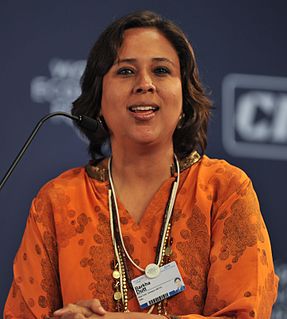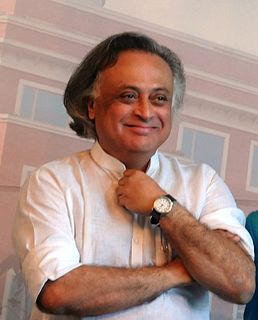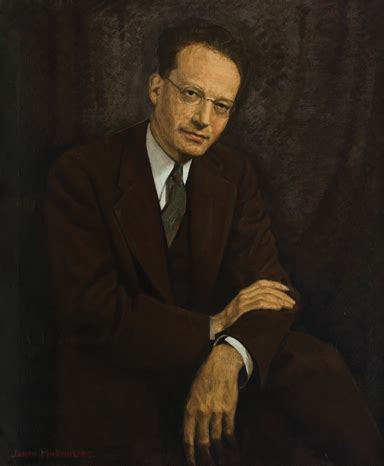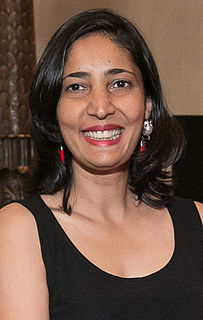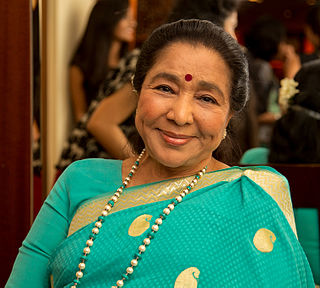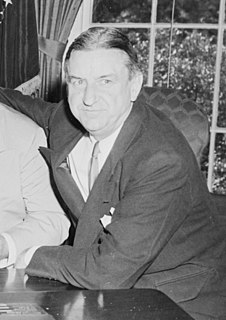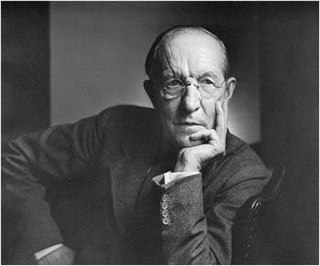A Quote by Barkha Dutt
The fact is that a ghastly class prejudice defines our response to the Indian Diaspora.
Related Quotes
If you look at the India-US relationship for example, the role that the Indian diaspora has played in the relationship is extremely crucial. Yes, we share democratic values but there is also the great role that the Indian diaspora has played in strengthening the bond of friendship between India and the US, and of course in underscoring the democratic values between the two countries.
It is a pity that so many Americans today think of the Indian as a romantic or comic figure in American history without contemporary significance. In fact, the Indian plays much the same role in our society that the Jews played in Germany. Like the miner’s canary, the Indian marks the shift from fresh air to poison gas in our political atmosphere; and our treatment of Indians, even more than our treatment of other minorities, reflects the rise and fall in our democratic faith.
The response to war is to live like brothers and sisters. The response to injustice is to share. The response to despair is a limitless trust and hope. The response to prejudice and hatred is forgiveness. To work for community is to work for humanity. To work for peace is to work for a true political solution; it is to work for the Kingdom of God. It is to work to enable every one to live and taste the secret joys of the human person united to the eternal.
I had an Indian face, but I never saw it as Indian, in part because in America the Indian was dead. The Indian had been killed in cowboy movies, or was playing bingo in Oklahoma. Also, in my middle-class Mexican family indio was a bad word, one my parents shy away from to this day. That's one of the reasons, of course, why I always insist, in my bratty way, on saying, Soy indio! - "I am an Indian!"
